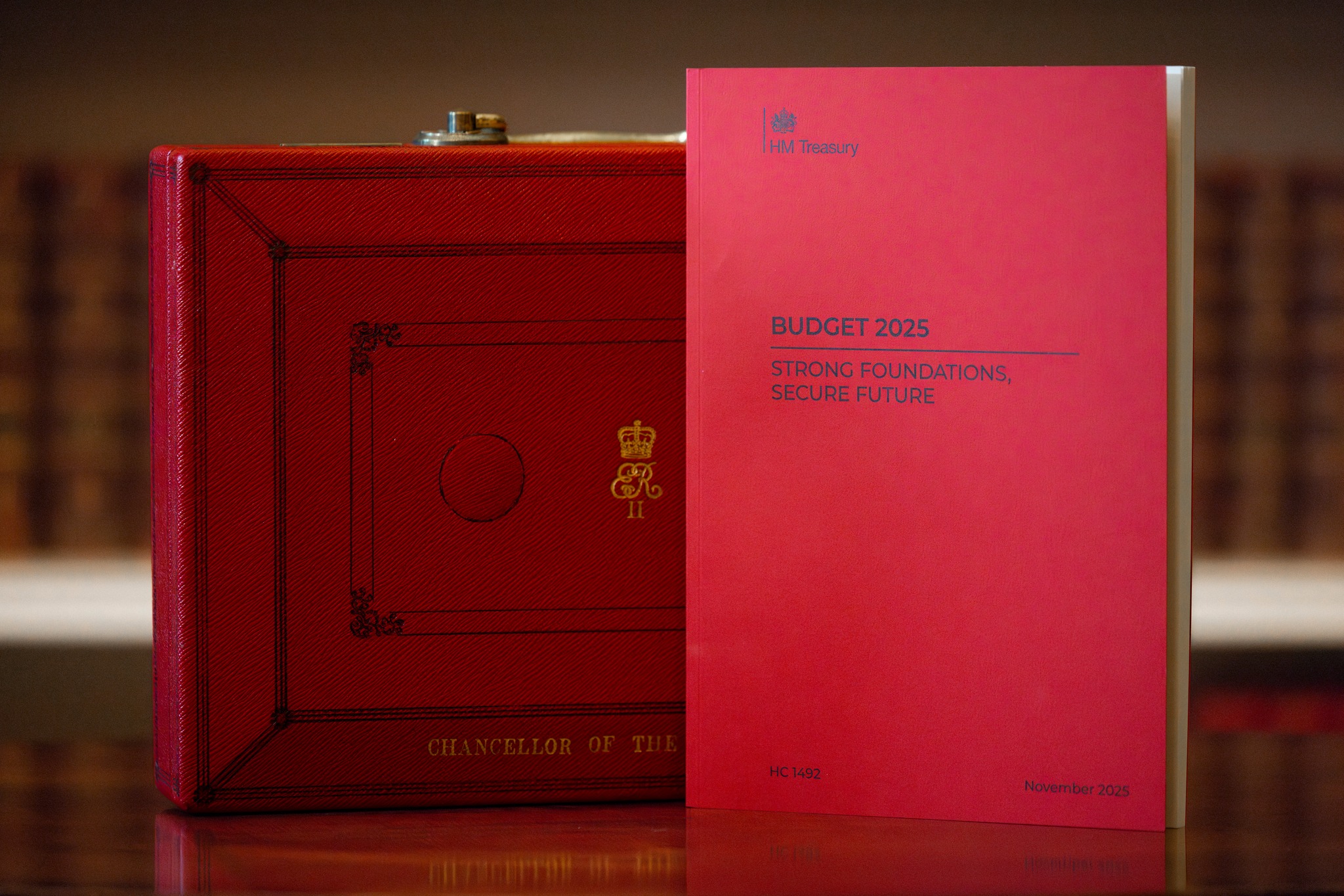Even before the global pandemic, there were constant concerns regarding the future of the high street. As the full effects of Covid-19 are starting to be seen, with the lowest retail spend since records began 25 years ago and the highest number of job losses in the same period, what could be the long term consequences of the retail sector crash? How safe are the retail giants?The rise and fall of lockdowns one, two, and three have not only provided uncertainty for high street businesses but, in some cases, have resulted in liquidation and administration as non-essential retail was forced to close. Let’s talk about the big names. In August 2020, owing to effects from the Covid-19 crisis, well-known department store chain Debenhams announced a closing down sale amidst liquidation after fellow big brand JD Sports pulled out of talks to acquire the business. It was then confirmed in January 2021 that online clothing retailer Boohoo was buying the brand out of administration in a whopping £55m deal.This followed on from the shock announcement that Topshop owner, Arcadia, was going into administration after the pandemic ‘severely impacted’ sales across the group. As online mega-giant, ASOS, looks set to swoop in and buy out Topshop and Miss Selfridge, this could be a sign that online retail is where consumers are headed. In both cases, it was revealed that neither online brand ‘will be taking over the physical stores of the brands that they are buying.’
What does the future look like for city centres and local high streets?
As part of KPMG’s recent report, titled ‘The future of towns and cities post-Covid-19’, it was revealed that the 2020 retail crash could cost more than 400,000 retail jobs on England’s high streets. This was based on a permanent shift towards working from home and increased online shopping.The report continues to outline the importance of town and city planners and businesses to ‘rethink their purpose and transform office spaces into hubs for collaboration, creativity, and culture.’While there’s no denying the loss of stores has created a physical void in the beloved high street, this doesn’t necessarily mean the end of physical shops. In fact, it could provide an opportunity for a very different looking landscape altogether. In turn, this could help to create a plethora of jobs.
How can physical retail stores compete with the online shopping sector?
Even before the global pandemic, one of the advantages online retail has and will continue to have over physical stores is, quite simply, down to business rates. ‘Retailers with a presence on the high street paid £7.2 billion in business rates in 2018/19, while online traders paid only £457 million on their out-of-town warehouses.’With online sales now predicted to grow to US$6.5 trillion (£4.7 trillion) worldwide by 2022, up from US$3.5 trillion in 2019, what level of competition can physical retail offer over the booming online shopping sector?One way in which physical stores can look to attract consumers is by tracking the relevant data linked to online shopping. Walmart, for example, acquired e-commerce brand jet.com in 2016 to rise up against the popularity of Amazon. By gaining more of an insight into the shopping habits of the online arena, they were able to gain a much deeper understanding of their consumer needs and wants.On a lower level, physical stores can also use mobile data to their advantage by tracking their customers’ physical data through WiFi and shopping apps.Another way in which physical retail can rise up from the retail crash is to add a layer of interaction to the shopping experience. American retail company American Eagle showcased a concept store named AE Studio back in November 2017, which offered its customers a range of innovative and interactive features such as in-store personalisation and an on-site social media team, producing an experience rather than just a shop. From checkout-free concepts and virtual shopping to instant in-store technical specialists and an improved customer service experience, there are ways in which physical retail brands can hone in on their unique selling positions and not only keep but encourage a whole host of new customers.
FAQs

Can we help your business?
Book a free consultation with our expert R&D funding advisors today. We specialise in helping innovative businesses like yours unlock millions in government funding, specifically allocated to fuel your innovation. Let us help your business access the support it deserves.









.svg)


